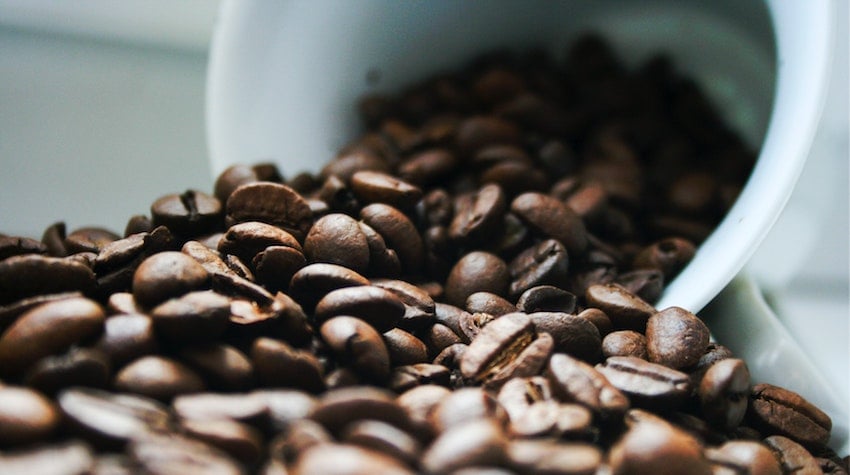A common inquiry we receive is in regard to the type of water customers should use in their coffee making equipment. Some folks think that distilled water will be their best bet, as they won't have to worry about scale build up or performing descaling procedures for the life of the machine. While there seems to be as many supporters as there are detractors regarding whether or not it's healthy for the human body, we do know that distilled water is not healthy for your machine. Seriously!
First up, let's talk about your equipment. Putting water that has a lack of ions or mineral content through equipment that is basically composed of minerals (stainless steel, copper, nickel, brass, etc.) means the water will take that opportunity to take on ions from the surrounding space, contributing to a slow breakdown of those materials. It will essentially leach minerals out of the metal components and degrade the machine's performance over time. Additionally, there are several models of machines on the market (such as the Rockets) that use a minor electrical charge to determine if there is water in the reservoir. If there aren't enough minerals in the water to conduct that charge, the machine's sensor will report that the reservoir is empty.
Now, let's talk about the coffee. The Specialty Coffee Association of America performed extensive testing and found that the ideal mineral balance is 150 parts per million (ppm). Coffee produced with water that contains this level of hardness is better balanced and a smoother cup. A lower mineral content allows for too much available space, often resulting in an overextraction and a bitter flavor. Conversely, water with a higher mineral content won't have enough available space, so coffee will be underextracted and possibly more sour. As distilled water has hardly any mineral content (roughly 9ppm), using it for coffee preparation will result in a bitter cup.
We often say that you should use water that you like to drink to make your coffee -- after all, coffee is over 98% water. Another option is to use softened water, which encapsulates the minerals, maintaining their structure within the water while prohibiting their ability to adhere to internal components. This can give you the best of both worlds: A smooth and balanced cup of coffee while also reducing the overall maintenance for the life of the machine.
